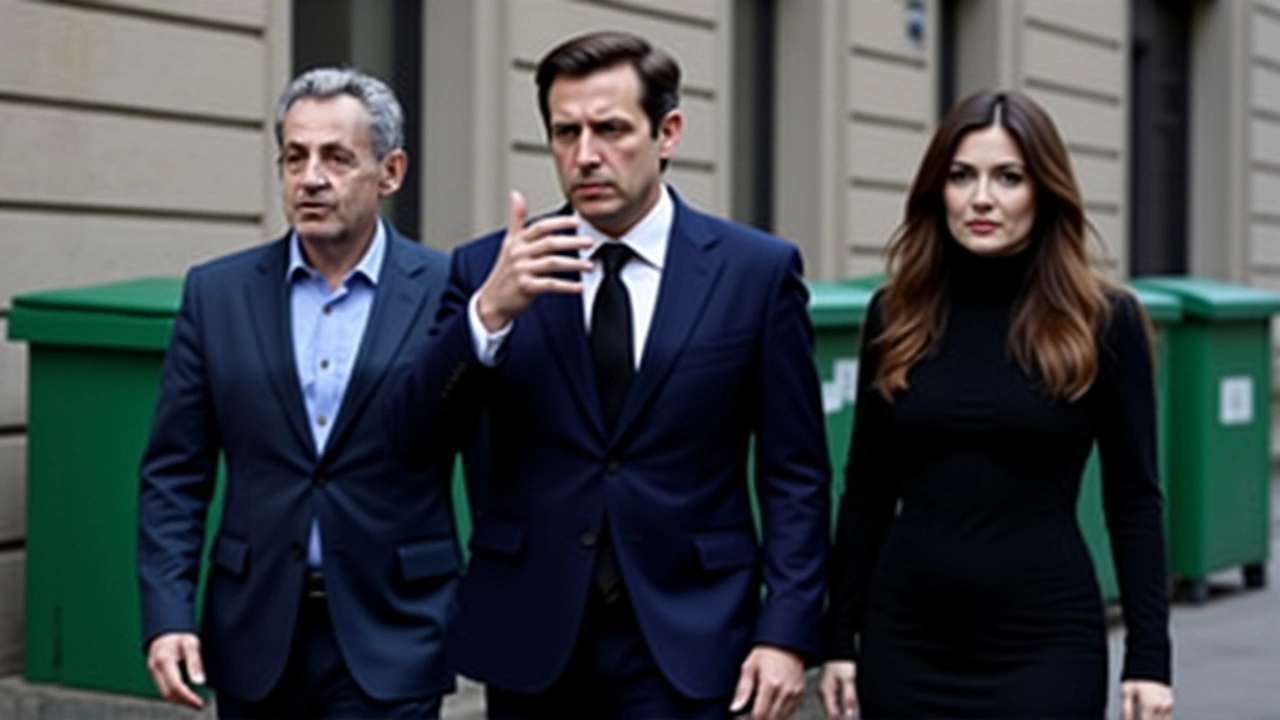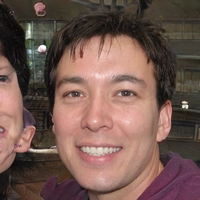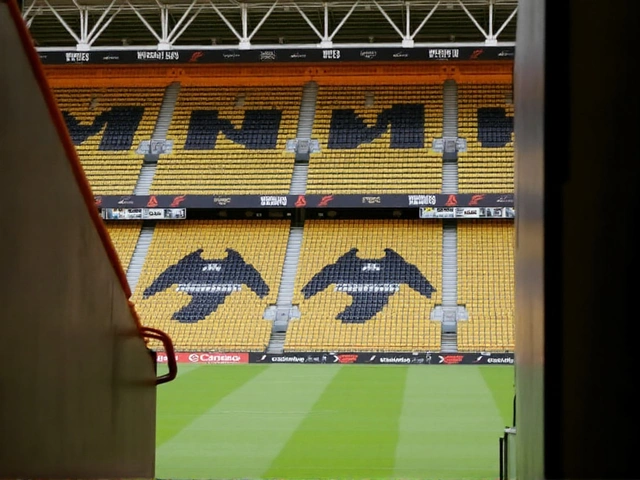When Nicolas Sarkozy stepped into the austere corridors of La Santé prison on the morning of October 21, 2025, the nation barely had time to process the sight. The 70‑year‑old former head of state was escorted to Cell Block D to begin serving a five‑year sentence handed down for a criminal conspiracy that allegedly funneled €50 million in Libyan cash into his 2007 presidential campaign.
Background: The Libyan Funding Scandal
The saga traces back to a 2013 investigation by the Paris Prosecution Office into illegal foreign contributions. Prosecutors argued that the late Libyan dictator Muammar Gaddafi channeled money through a network of intermediaries, most notably Lebanese‑French businessman Ziad Takieddine. Testimony in 2018 claimed that cash—sometimes in bundles the size of a briefcase—was delivered to Sarkozy’s inner circle.
The French campaign‑finance law caps foreign donations at €7,500 per donor, a limit the court said was deliberately bypassed via shell companies in Switzerland and Lebanon. On September 15, 2025, the Paris Court of Appeal found Sarkozy guilty of "délit de corruption active" under Article 432‑10 of the Penal Code.
Day of Incarceration
At roughly 8:30 a.m. CET, Sarkozy left his residence at 17 Avenue Foch, accompanied by his wife Carla Bruni‑Sarkozy. About fifty supporters gathered, waving French flags and chanting “Sarkozy Innocent.” The couple entered a black sedan that rolled through the 16th arrondissement and headed south to the 14th‑district prison.
Midway, the former president posted on X (formerly Twitter): "It is not a former president of the republic being jailed this morning, but an innocent man. I have no doubt. The truth will prevail." The tweet, timestamped 8:45 a.m., underscored his consistent claim of innocence.
Legal Details and Immediate Consequences
- Sentence: Five years imprisonment, loss of political rights for ten years (Article L.O. 133‑1 of the Electoral Code).
- Financial penalty: Automatic suspension of former‑president pension privileges (Article L.4 of the Status of Former Presidents law).
- Appeal: Filed by attorney Thierry Herzog with the Cour de Cassation on September 30, 2025.
- Projected appeal ruling: Between March and June 2026.
The conviction also resurrects a seldom‑mentioned chapter of French history: the only other head of state to serve time was Marshal Philippe Pétain, who died in prison in 1951 after a post‑World‑War II treason conviction.
Reactions from the Political Landscape
Members of The Republicans, the successor to the Union for a Popular Movement (UMP), expressed a mixture of disappointment and loyalty. Party leader Éric Ciotti said, "We respect the courts, but we also know Nicolas has always fought for France." Across the aisle, President Emmanuel Macron’s office released a concise statement: "The rule of law applies to every citizen, regardless of former office."
Human‑rights groups, including Amnesty International France, called for transparent conditions at La Sante, noting the prison’s reputation for overcrowding. A spokesperson remarked, "Even high‑profile inmates deserve humane treatment; any abuse must be investigated promptly."

What This Means for French Democracy
The case tests the resilience of France’s Fifth Republic institutions. Since 1958, no democratically elected president has faced incarceration. Legal scholars such as Professor Sébastien Paul of Sciences Po argue that the verdict “reinforces the principle that no one is above the law, a cornerstone of the Constitutional Council’s 2013‑669 DC decision.”
However, critics contend that the prolonged investigation—spanning over a decade—highlights systemic weaknesses in campaign‑finance oversight. The European Commission has already signaled intent to review EU‑wide regulations on foreign political contributions, citing France as a case study.
Looking Ahead: Appeal and Potential Outcomes
Should the Cour de Cassation uphold the conviction, Sarkozy will remain behind bars until 2030, after which he will be barred from running for public office until at least 2040. An overturn could see him released pending a new trial, though the political fallout would likely be severe.
Regardless of the outcome, the episode is expected to fuel reform pushes. Lawmakers are drafting amendments to lower the €7,500 foreign‑donor cap and tighten reporting requirements for overseas funds.
Key Facts
- Nicolas Sarkozy entered La Sante prison on 21 Oct 2025.
- Sentence: five years, with a decade‑long ban on holding public office.
- Alleged illegal donation: €50 million from the Gaddafi regime.
- Primary court: Paris Court of Appeal; appeal filed with the Cour de Cassation.
- Historical note: First French president imprisoned since Marshal Philippe Pétain (1945).
Frequently Asked Questions
How does Sarkozy’s imprisonment affect The Republicans party?
The party loses a veteran figure who still commands a loyal base. While the leadership can distance itself from the legal drama, internal debates are likely about how to re‑brand without leaning on Sarkozy’s legacy. Polls suggest a short‑term dip in support, but the impact will depend on how the appeal proceeds.
What legal precedent does this case set for future French presidents?
It reinforces that former presidents are subject to ordinary criminal law, not a special privilege. Future office‑holders will likely face heightened scrutiny over campaign financing, and any suggestion of foreign money could trigger immediate investigations.
Will the appeal to the Cour de Cassation likely change the sentence?
The Cour de Cassation typically reviews procedural errors rather than re‑evaluating facts. If it finds a legal flaw, it may annul the sentence and order a retrial, but a complete reversal is uncommon. Analysts estimate a 20‑30 % chance of a substantive change.
How are French citizens reacting to the news?
Public opinion is split. A Le Monde poll conducted a week after the incarceration showed 42 % believing the verdict was justified, while 35 % viewed it as politically motivated. Demonstrations outside the Palais de Justice reflected both support for the rule of law and protest against what some call a "witch hunt".
What reforms are being proposed to prevent similar scandals?
Lawmakers are drafting a bill to lower the foreign‑donor ceiling from €7,500 to €3,000 and to require real‑time disclosure of all campaign contributions above €1,000. The European Parliament is also considering a continent‑wide directive to harmonize political‑financing rules.






